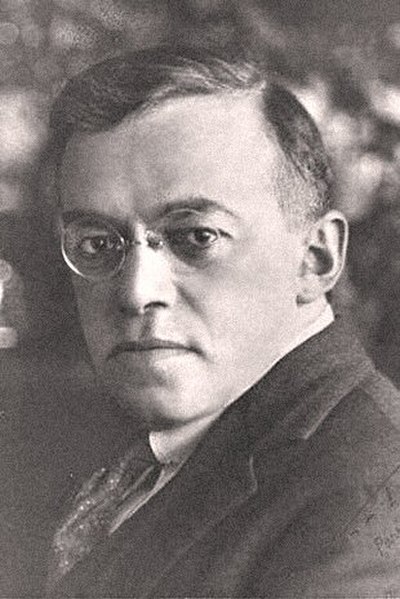The common definition of Zionism was principally the endorsement of the Jewish people to return to their homeland, secondarily the claim that due to a lack of self-determination, this territory must be re-established as a Jewish state. Zionism was produced by various philosophers representing different approaches concerning the objective and path that Zionism should follow.
Theodor Herzl is considered the founder of the Zionist movement. In his 1896 book Der Judenstaat, he envisioned the founding of a future independent Jewish state during the 20th century.
Dov Ber Borochov, one of the leaders of Labor Zionism
Kibbutznikiyot (female Kibbutz members) in Mishmar HaEmek, during the 1948 Arab–Israeli War. The Kibbutz is the historical heartland of Labor Zionism.
Ze'ev Jabotinsky, founder of Revisionist Zionism
Zionism is a nationalist movement that emerged in Europe in the late 19th century aiming for the establishment of a homeland for the Jewish people, particularly in Palestine, a region roughly corresponding to the Land of Israel in Jewish tradition. Following the establishment of the State of Israel, Zionism became an ideology that supports the development and protection of Israel as a Jewish state. It has also been described as Israel's national or state ideology.
Theodor Herzl was the founder of the modern Zionist movement. In his 1896 pamphlet Der Judenstaat, he envisioned the founding of a future independent Jewish state during the 20th century.
The flag of the Zionist Movement adopted in 1891 became the flag of the State of Israel, established in 1948.
Eliezer Ben-Yehuda (1858–1922), founder and leader of the movement to revive the Hebrew language, is considered the father of Modern Hebrew.
"Hezekiah ... king of Judah" – Royal seal written in the Paleo-Hebrew alphabet, unearthed in Jerusalem








